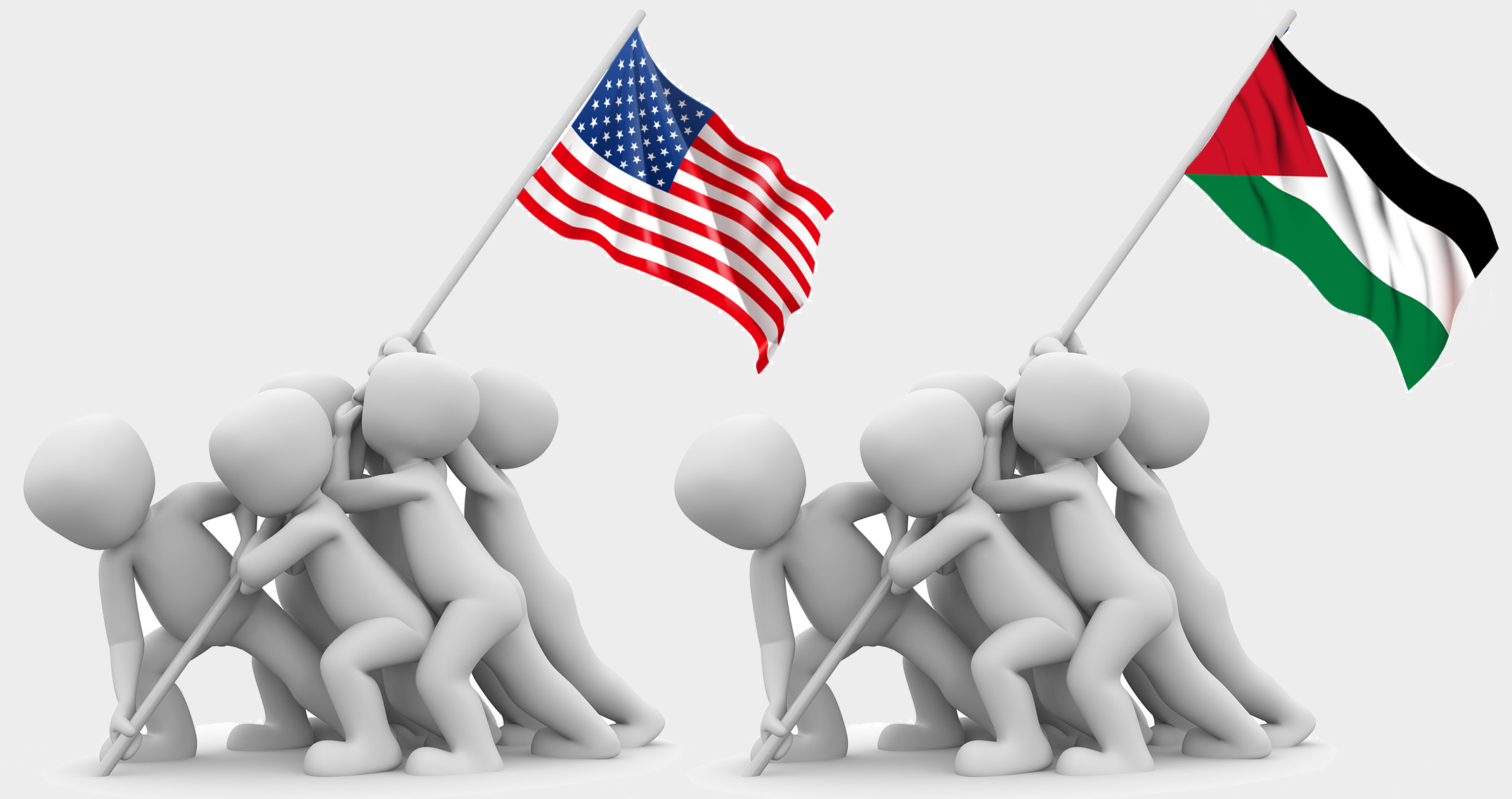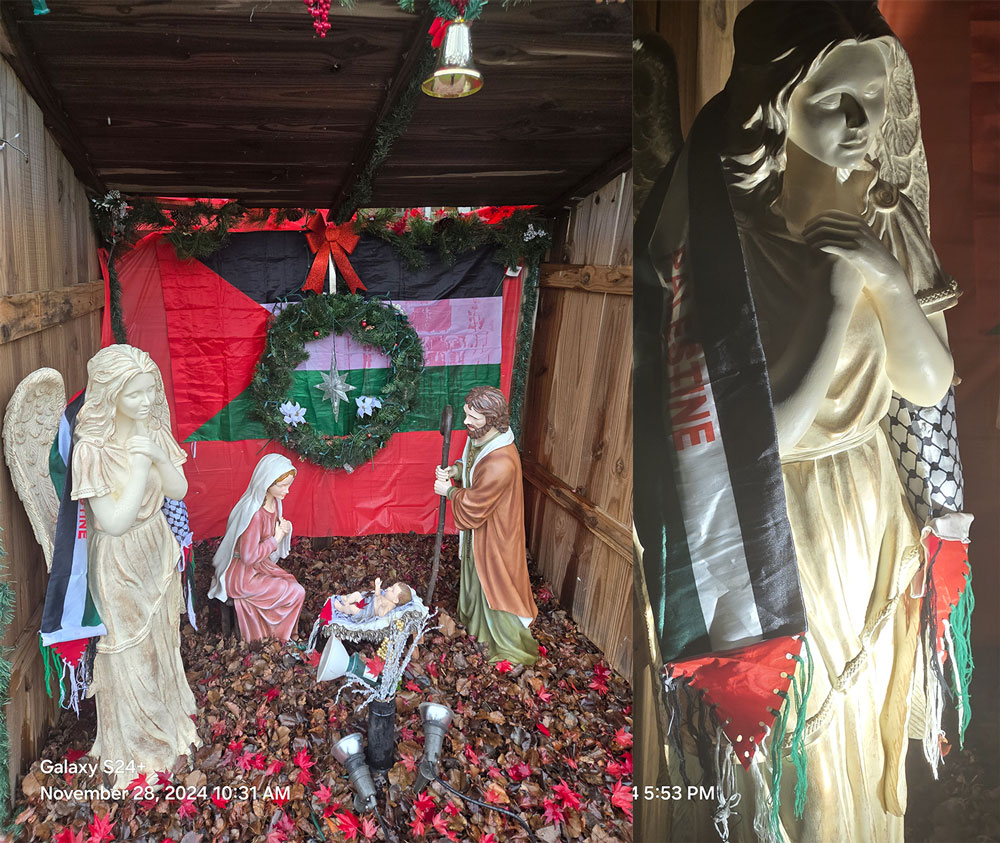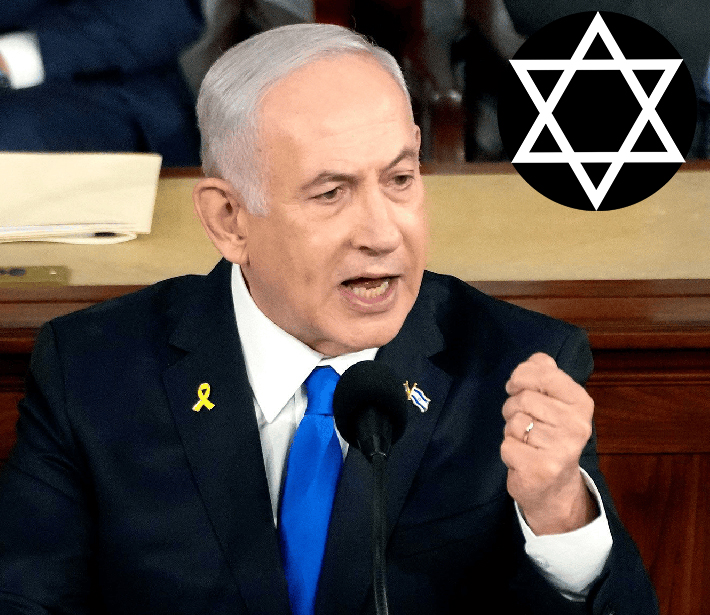“Parallels of Resistance: The American Patriots and Palestinian Freedom Fighters”

By Rateb Y. Rabie, KCHS
As the son of parents who survived the Nakba (Catastrophe) and fled to Jordan as refugees in 1948, I was born and raised amidst the profound tragedy and ongoing struggle of the Palestinian people. Growing up, I witnessed firsthand the determination and resilience of Palestinians, as well as the rise of freedom fighters striving for the independence of Palestine.
In 1975, I moved to the United States to pursue higher education. During my studies, I delved into American history, particularly the struggle for independence led by the American freedom fighters. I also gained a deep appreciation for the American Constitution, which I believe stands as one of the most exemplary frameworks for governance—one that could serve as an ideal model for any emerging nation or even as a replacement for existing systems seeking transformation and good governance.
The American freedom fighters, known as the Patriots, were from the Thirteen American Colonies who opposed British rule in the 18th century, leading to the American Revolution (1775-1783). Their growing dissatisfaction stemmed from British-imposed taxes without representation, such as the Stamp Act (1765) and the Tea Act (1773), which triggered events like the Boston Tea Party.
By 1775, tensions escalated into open conflict with the battles of Lexington and Concord, marking the start of the Revolutionary War. Leaders like George Washington, Thomas Jefferson, and John Adams rallied the colonies in support of independence, culminating in the signing of the Declaration of Independence in 1776, which formally severed ties with Britain.
The Patriots, alongside local militias and the Continental Army, fought British forces in crucial battles, including the pivotal victory at Saratoga in 1777 and the decisive siege of Yorktown in 1781, where British General Cornwallis surrendered. The war concluded with the Treaty of Paris in 1783, in which Britain recognized American independence, marking the end of British rule and the birth of the United States.
Though the Patriots were viewed by the British as rebels, criminals, or unlawful insurgents, the word “terrorist” or “terrorism” was not used until the Reign of Terror during the French Revolution of 1789. From the American perspective, they were seen as freedom fighters and revolutionaries, fighting for independence and self-governance.
The Palestinians have long been the underdogs, living under Israeli occupation for over 75 years, following decades of British rule and, before that, the Ottoman Empire. For generations, they have resisted and fought for their freedom and independence, much like the American freedom fighters who sought liberty for their own nation.
Since October 7, 2023, the situation has worsened dramatically. More than 40,000 civilians have been killed, over 94,000 injured, and countless others suffer due to severe shortages of food, water, medical supplies, and health services. For more information, you can visit OCHA’s website.
My point is this: All Palestinians, regardless of where they are—whether in Palestine or in the Diaspora—are freedom fighters. They are united in resisting the longest occupation in modern history. Their resistance takes many forms: fighting back, standing firm in their homeland, advocating for their rights, and waging peace to achieve their dream of an independent, sovereign Palestinian state.
Palestinians are not terrorists, criminals, or unlawful, as some superpowers, the ignorant, and the haters accuse them of being. They are following in the footsteps of the early American Patriots, who fought for their independence and built a nation founded on equality, freedom, and justice for all. Just as the will of the American people triumphed, the will of the Palestinian people to achieve self-determination and independence will ultimately prevail.
God bless the United State of America. God bless Palestine.
Rateb Y Rabie, KCHS
HCEF/KTH President and CEO
Proud American of Palestinian Root





